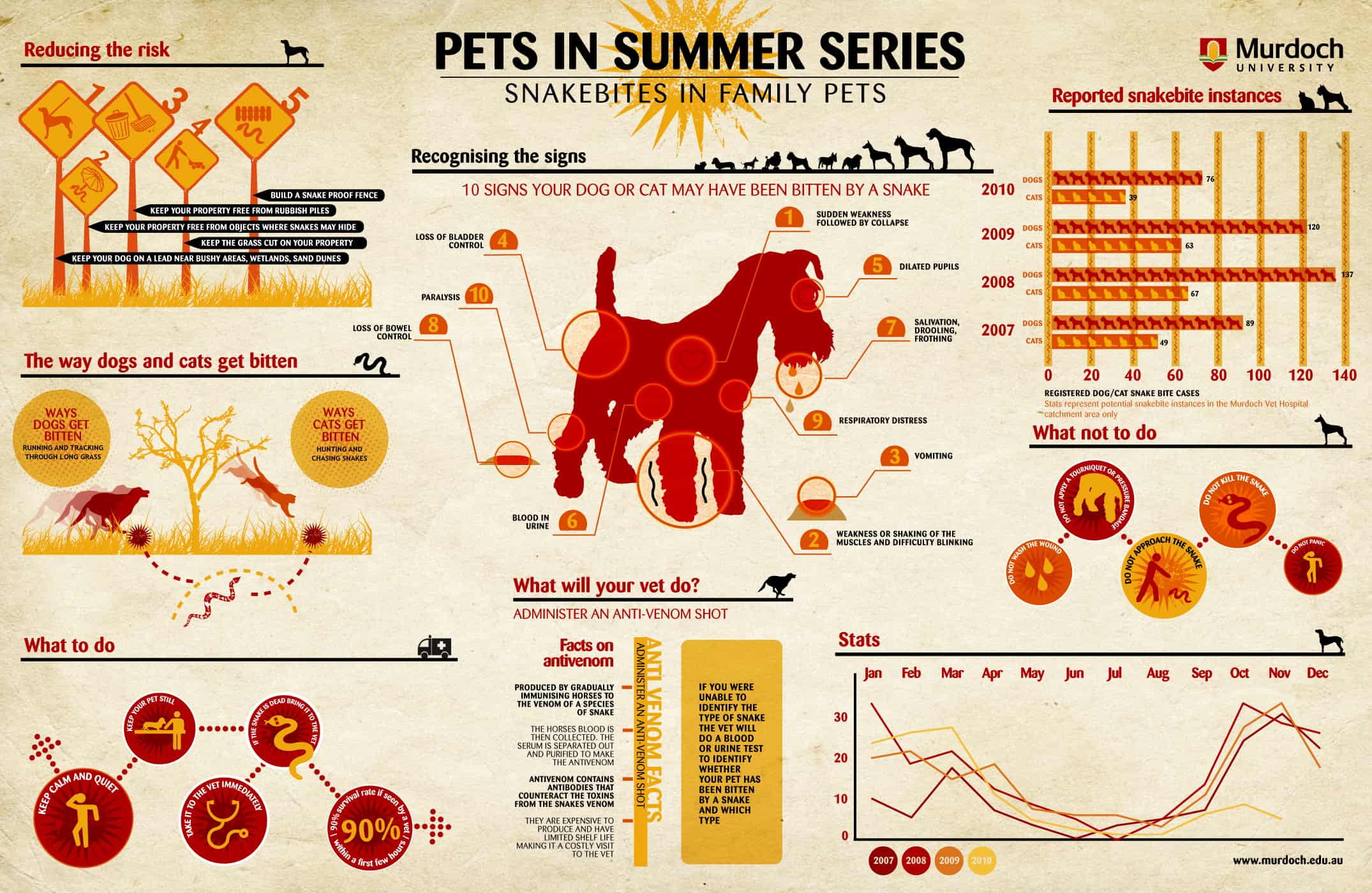Dog Daycare For Working Couples
Dog Daycare For Working Couples
Blog Article
Can Dog Daycare Reason Illness?
Opportunities are that if your pet dog is frequently exposed to various other pet dogs, even if they're correctly immunized, they might get home with some sort of health problem. Vaccinations, routine veterinary appointments, and good health practices can lessen risk variables for infection and disease.
Emphasized or distressed pets can develop gastrointestinal problems and various other wellness concerns that are easily spread out between dogs. Establishing age restrictions and behavioral rules can help ensure that only healthy and balanced pets enter your center.
Distemper
Canine distemper is a significant and usually deadly infection that strikes a pet's respiratory system, digestive system, skin and body immune systems. Pups are particularly prone and can acquire the illness through direct contact with an infected pet or via the air-borne transmission of infection bits discharged throughout coughing, sneezing or taking a breath.
The incubation period for canine distemper is between 3 and 7 days. While puppies at daycare might appear to capture parvo from one more infected canine, it's unlikely given that the incubation duration is so short.
While there is no cure for canine distemper, encouraging treatment can help dogs recoup. This consists of fluids, prescription antibiotics and medications to regulate seizures. The Drake Facility for Vet Treatment notes that symptoms consist of dripping eyes and nose, looseness of the bowels, vomiting, loss of appetite and neurological problems such as twitching and shakes. Young puppies need a complete inoculation series and yearly boosters to shield them versus this illness, which is why trusted doggie daycare facilities require up-to-date inoculations.
Kennel Cough
Kennel Coughing (Pooch Contagious Tracheobronchitis) is a highly transmittable upper respiratory problem triggered by bacteria and infections. It spreads through air-borne beads from a cough or sneeze, straight get in touch with, and sharing of contaminated things such as toys or water bowls. It is endemic in position where lots of canines are housed close together, such as kennels, pet parks, brushing beauty salons and programs. A number of vaccines are readily available to safeguard against the virus that trigger kennel coughing, and appropriate hygiene techniques can assist prevent infection.
The timeless symptom is a completely dry, hacking cough comparable to that of a goose honk, and many pets recuperate with little intervention. Nonetheless, severe instances can result in pneumonia, and pups or canines with pre-existing illness go to higher threat for problems. To quicken healing, make use of a harness rather than a collar while your pet is recouping to avoid irritability to the windpipe. A humidifier may additionally assist to dampen the air and avoid completely dry coughing.
Parvovirus
Parvovirus (CPV) is a major disease in pet dogs. It is similar to feline panleukopenia (feline distemper), however it's much more lethal and can spread rapidly amongst canines as a result of its incredibly durable nature.
This virus assaults the intestinal cellular lining of a dog, ruining it and creating germs to dismiss into the blood stream. The weakened body immune system and overwhelming germs lead to septic shock, which is normally fatal.
Luckily, vet medical facilities supply effective therapy for parvovirus. These medications dog boarding kennel near me are provided straight into an individual's bloodstream and targeted in the direction of the specific stress of parvovirus. This therapy technique is very effective and aids retrain the body immune system to eliminate off the infection. Canines with extreme symptoms are commonly hospitalized for several days for tracking and extensive care to guarantee their survival. Pups, unvaccinated canines and pet dogs with weak body immune systems are particularly prone to parvovirus. This is specifically true for young puppies birthed to roaming mothers and sanctuary settings, where they are exposed to numerous various other sick and susceptible pet dogs.
Canine Influenza
Pooch influenza (CIV) is an infectious respiratory system disease that can be triggered by pet dogs sharing contaminated surfaces or straight contact with respiratory system secretions. CIV spreads easily in atmospheres where there are high varieties of pets, such as dog parks, day cares, brushing centers and veterinary clinics.
Infected pet dogs lost the virus through aerosol breathing beads when coughing or sneezing, and might infect objects they come into contact with like cages, toys, food bowls, chains and the hands and apparel of people who handle them. Canines can likewise be "quiet carriers" spreading the virus without showing any type of signs and symptoms themselves.
Signs and symptoms of canine influenza include sinus and eye discharge, cough, high temperature, anorexia nervosa, and weak point. The infection can proceed to pneumonia, which can be deadly in some dogs. PCR viral testing is offered for verification of infection. Preferably, examples (generally deep nasal or pharyngeal swabs) for PCR screening should be collected within four days of the onset of medical indications.